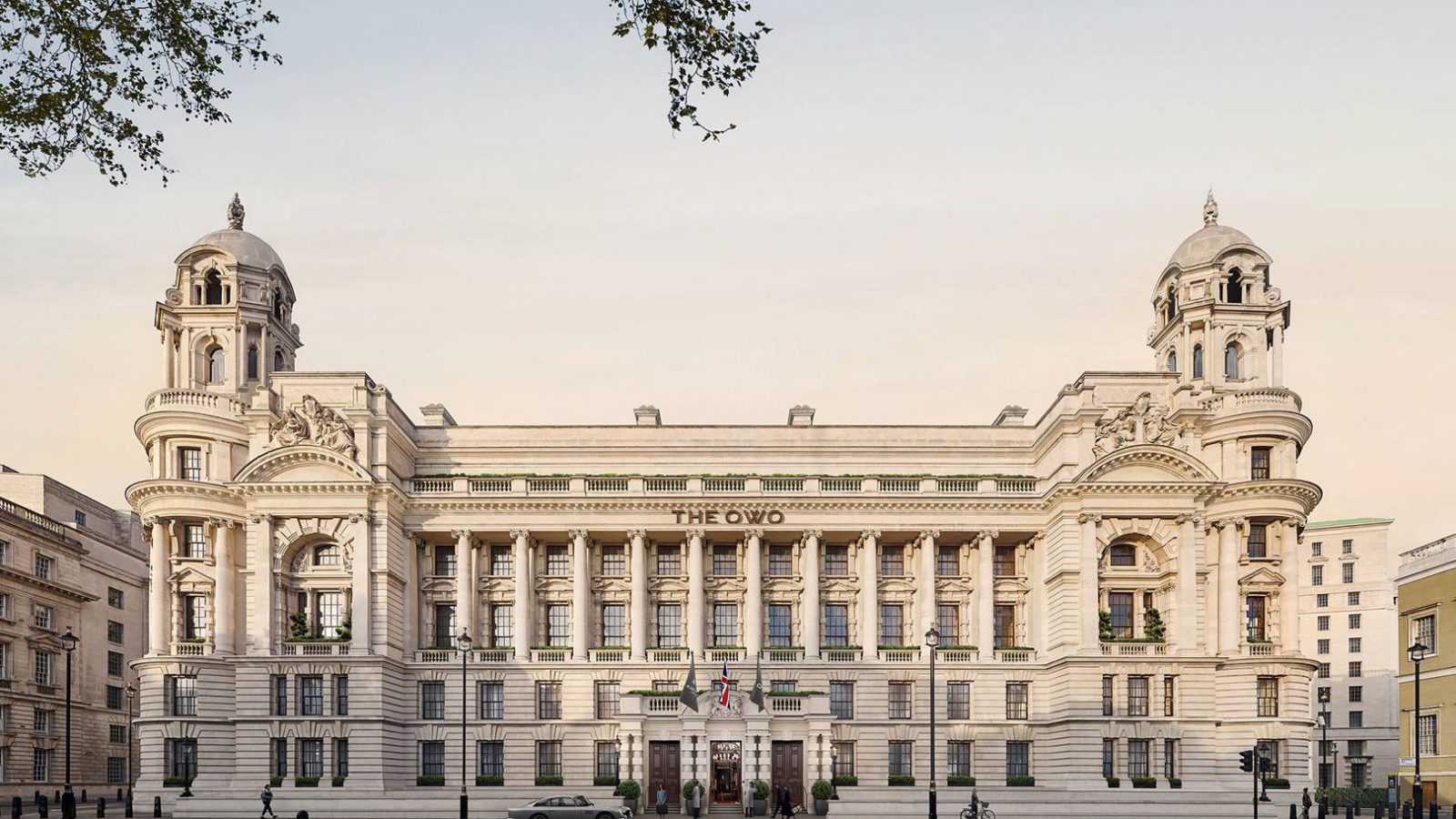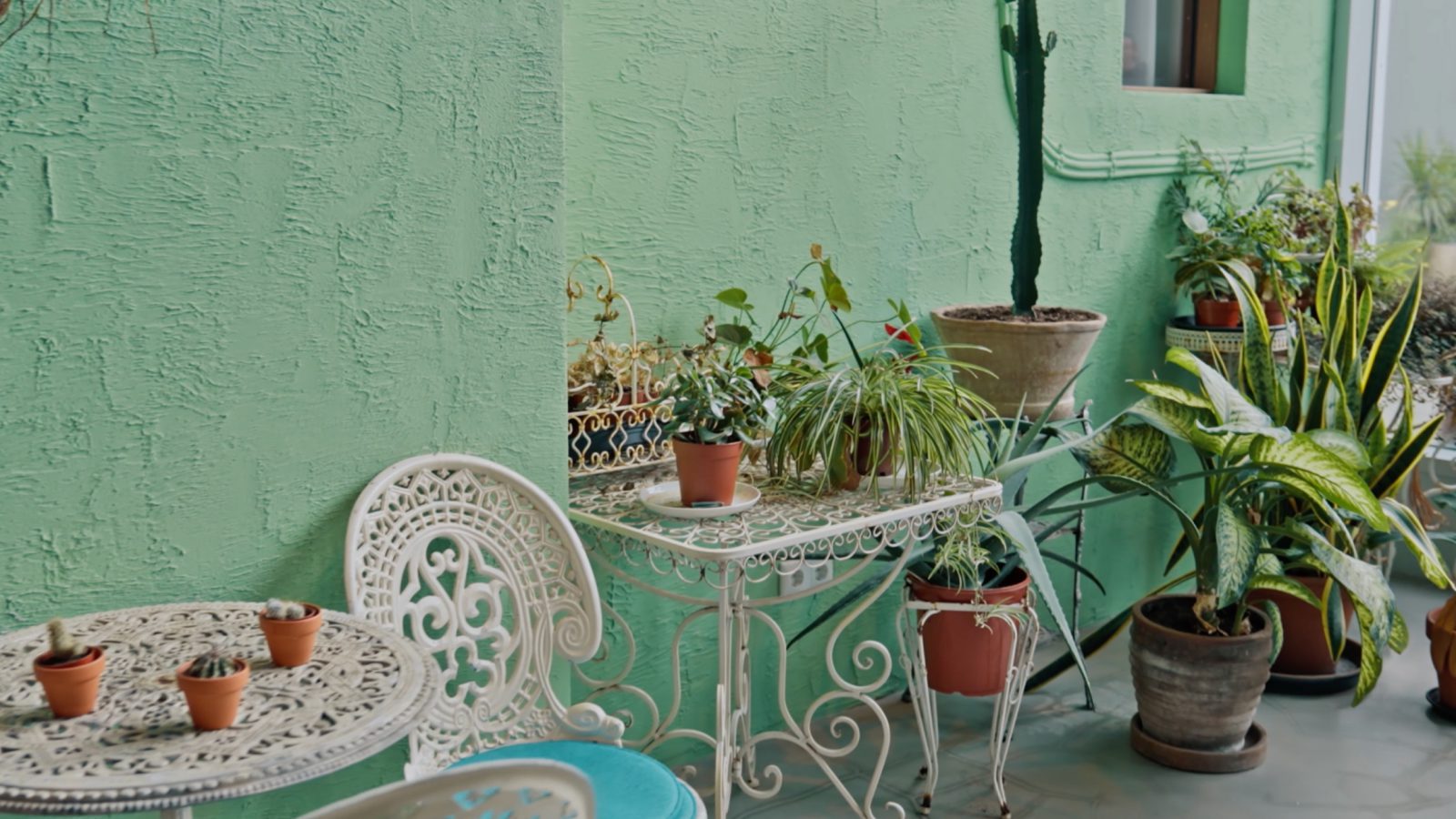

In a hotel, it’s no longer just about a comfortable bed and a nice shower. It’s about a complete experience, engaging all the senses. The guest wants to feel the texture of the wallpaper and the sheets, hear music, be surprised by unique scents, taste unique flavors, and be surrounded by beauty.

Times are unpredictable, so hotels become a safe haven where guests can retreat. Hotels become places where people can escape from the rugged reality, where they are surprised by creativity, or where they simply find peace.

In uncertain times, people also want to surround themselves with nature. Both in the environment and in the interior. The kitchen also plays a key role in incorporating green elements. We see restaurants and bars where plant-based items dominate the menu, allowing people to taste unique flavors and products in a responsible way, with an emphasis on health.

Design is also becoming increasingly important in hotel interiors. Hotels are more frequently opting for their own style because regularly replacing trend-sensitive interiors is anything but sustainable. Original design provides a unique identity and is crafted for eternity.

Alternatively, we turn to the past and repurpose centuries-old buildings, which are made sustainable, preserving the legacy of a rich history for future generations. Additionally, we observe the reuse of furniture and materials and the emergence of circular hotels. Sustainability is no longer a fad but a constant reality.

And art is increasingly taking center stage in hotels. Through art, people seek to escape reality and find inspiration. Hotels are becoming the new galleries, the new museums, and an important platform for local artists. In the rooms, in the common areas, hotels are becoming a significant partner for the cultural sector, which can greatly benefit from this support.

Instead of souvenirs, hotel shops sell unique products: top designs from local artists, art objects that are not available elsewhere. The items are carefully selected.

Hotels are taking on a different role and becoming meeting places for like-minded individuals, where people work, live, recreate, exercise, learn, drink, and eat. They are becoming places where digital nomads reside, where we discover that people from all over the world are the same.

In hotels, people want to momentarily escape from this uncertain reality of climate problems, war, and a faltering economy. People are spending money more consciously, but they still want to surround themselves with luxury and quality. Locally, because when people travel, they want to seek connection—with locals, local cuisine, local culture, and local crafts. No international uniformity. New forms of luxury are emerging, such as sustainable, accessible, and affordable luxury.

Finally, personalization is becoming increasingly important. Every guest is unique and is treated in a different way. The more personalized, the better. While technology simplifies processes such as check-in and payment, the staff can fully focus on the guest.
www.independenthotelshow.nl
Foto’s & video: Krijn van der Lugt